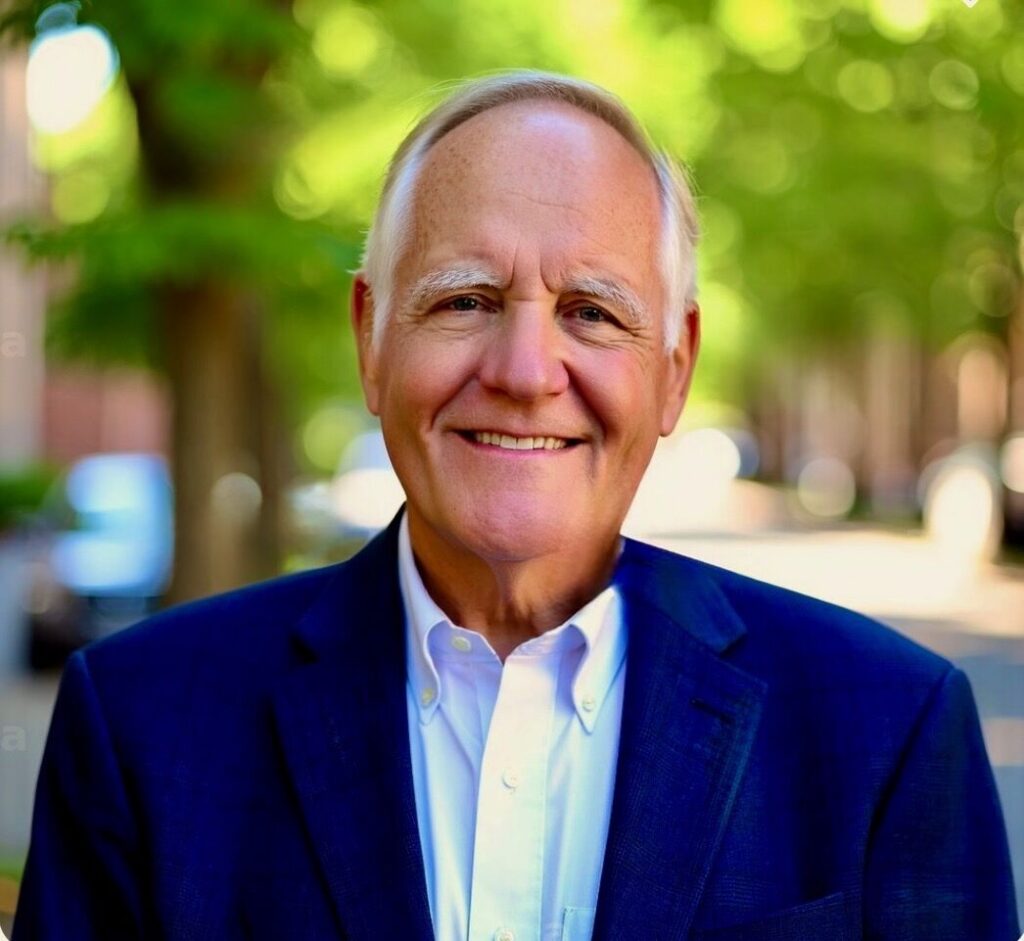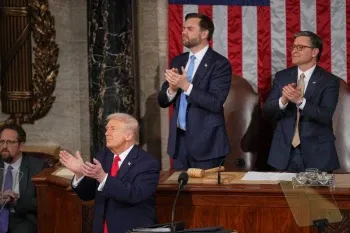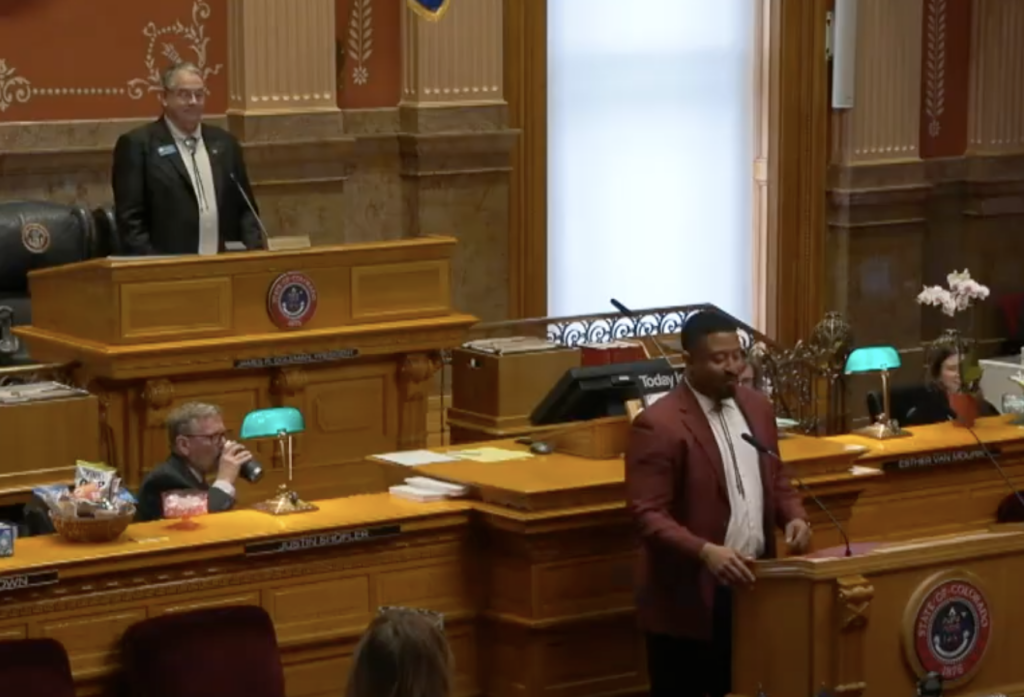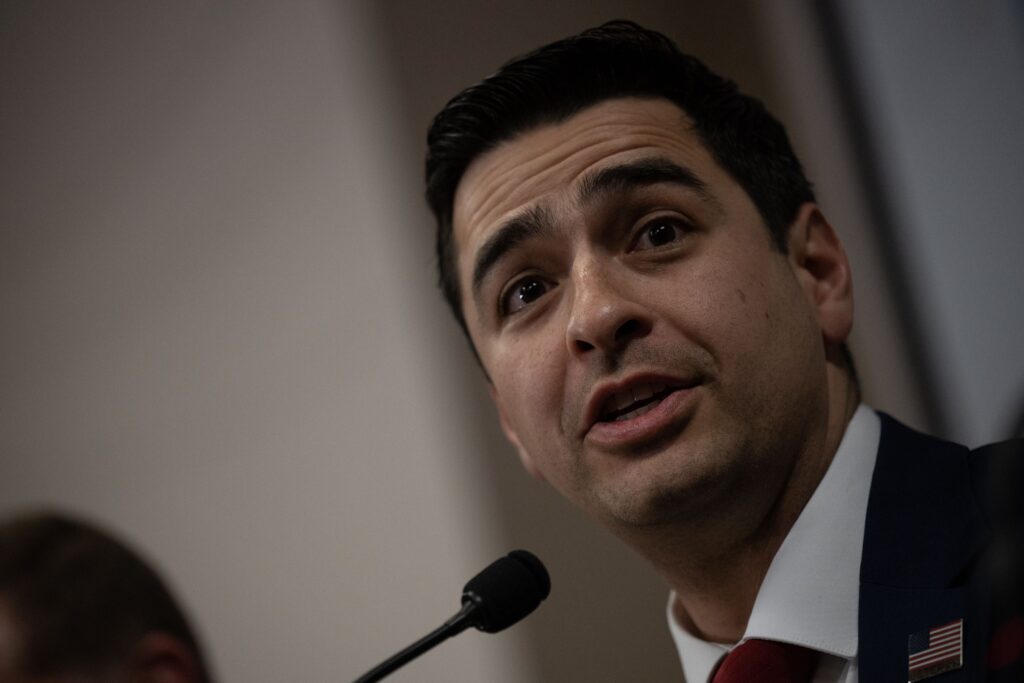Here’s how to reduce Front Range ozone | PODIUM
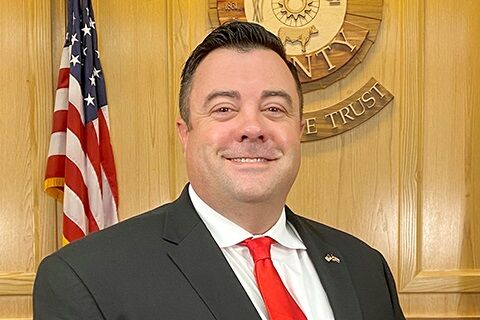

For years, the Colorado legislature has piled regulations on to the energy industry in an attempt to reduce ozone levels along the Front Range.
But despite more than two decades of regulations, ozone levels in Colorado continue to exceed federal standards. Predictive modeling shows Colorado will not meet the EPA’s 2015 attainment levels in four of the state’s six air monitors by 2026.
While some of this is outside our control – wildfires, for instance, are a major contributor to ozone levels – others are not. Cars, trucks and commercial lawn and garden equipment are major ozone contributors, their emissions dwarfing oil and gas sources in three of the four areas, according to modeling from the Regional Air Quality Council (RAQC), the state’s lead air quality planning agency. A leaf blower, for instance, powered by a small two-stroke gas engine for one hour produces the same emissions as driving a gas-powered car with modern emission controls from Denver to Los Angeles, RAQC found.
That’s why I’m supporting SB24-095, which proposes cost-effective, incentivizing solutions that will reduce ozone pollution, improve the health of our neighbors and benefit disproportionately impacted communities. If we are serious about improving Colorado’s air quality, we need to address all of the major sources, not only the ones that are politically convenient.
From Denver’s southern suburbs to Boulder, the major ozone contributor is motor vehicles, according to the National Center for Atmospheric Research. Traffic-related air pollution is associated with low birth weights and asthma onset in children and adults. Of the nine counties along the Front Range, Denver had the highest asthma rate for children between the ages of 5 and 14 every year but one from 2011 to 2022, according to public health data. And the Denver-Aurora area was listed as the 6th worse in the country for high ozone days last year by the American Lung Association.
This bill addresses motor vehicle pollution by going straight to the sources. Not only does this benefit low-to-moderate income Coloradans, but it helps those living in neighborhoods near highways that are hit the hardest by pollution.
One, this legislation provides incentives for Coloradans to repair their high-emission vehicles that are out of compliance with state law by providing an $850 voucher to use at qualified repair facilities to bring a vehicle into compliance. We know this type of program works. In California’s San Joaquin Valley, which is geographically similar to the Front Range, 70,000 low-income and disadvantaged community residents have participated in their “find and fix” high emitting vehicles program, and for every $8,000 in cost, there has been a one ton emission reduction.
Two, the bill expands the Clean Fleet Enterprise, which incentivizes and supports electric motor vehicles to include light-duty trucks and to provide grants of up to 80% of a local government’s cost of acquiring motor vehicles that emit low levels of nitrogen oxides.
The bill also creates a point-of-sale rebate of $150 or 1/3 of the purchase price – whichever is less – for outdoor power equipment such as leaf blowers. Priority is given to commercial and public entities because they create more emissions.
Finally, this legislation provides for sufficient and consistent air quality planning fund for modeling and analysis. Our data is woefully out of date, making it difficult to measure the effectiveness of our policies. We cannot plan for the future without a firm grasp on what is happening in the present.
If legislators are truly committed to improving the state’s air quality, they should support this bill.
A Weld County native, Kevin Ross is currently in his first term as a Weld County commissioner. As a former mayor and small business owner, Ross brings knowledge and experience not only in local government but also in topics including energy, water, and agriculture.




